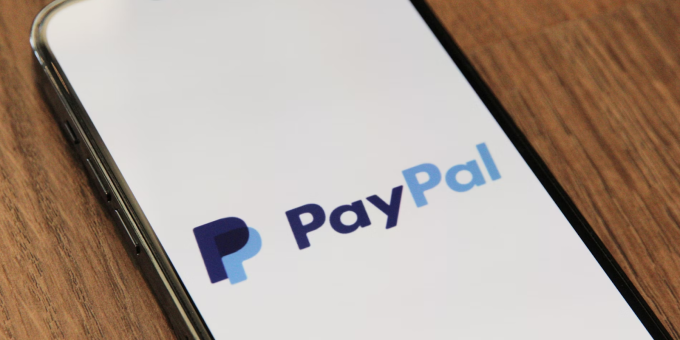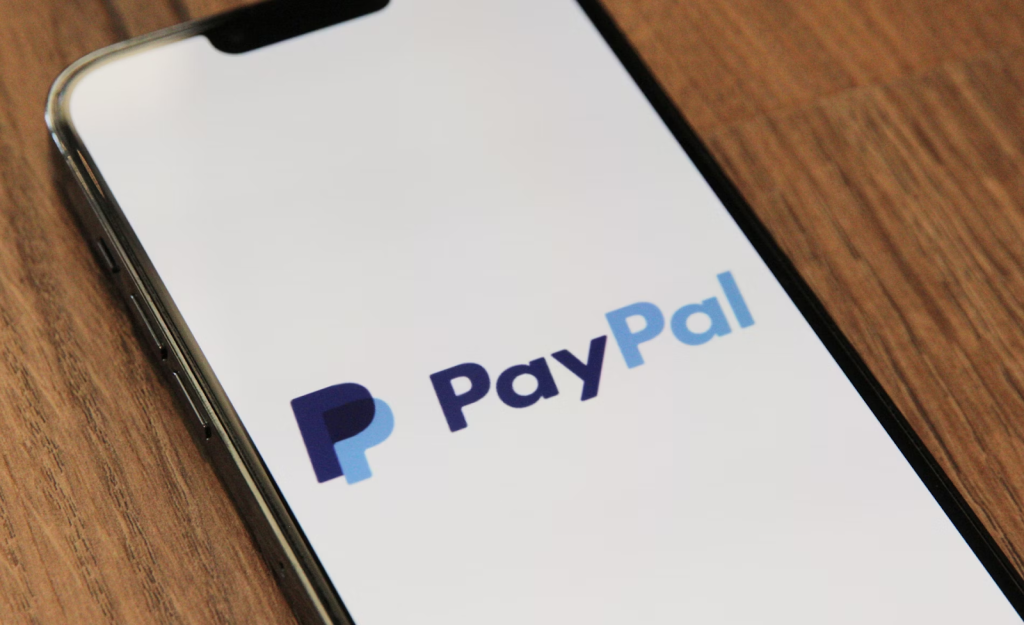
INDIANA- PayPal is a lifesaver for online shoppers, with over 429 million users worldwide today and a whopping $1.52 trillion in transactions throughout 2023. But with great power comes great responsibility—and a slew of sneaky scams! In 2024 alone, thousands of PayPal users have fallen victim to scams.
Trevor Cooke, Privacy Expert at EarthWeb, explains the most common traps and, more importantly, how to dodge them like a pro.

1. The “Payment Confirmation” Email
Have you ever received an email from PayPal confirming a payment you don’t remember making? Scammers send these to unsuspecting victims to trick them into clicking a link that steals their login details.
How to Avoid: Always log in directly to PayPal’s website or app to check your transactions. Never click on links in unsolicited emails.
2. The Fake Invoice
You might receive an invoice for something you never bought. These invoices tend to look legit and include a request for payment.
How to Avoid: If an invoice looks fishy, and you definitely didn’t buy anything, don’t pay it. Contact the seller directly through the official PayPal app to verify the transaction.
3. Wrong Person Transfers
In this scam, scammers send small amounts of money “by accident” and then request it back, claiming it was a mistake. They exploit the recipient’s goodwill to gain access to sensitive information.
How to Avoid: Double-check with PayPal’s customer service before returning any funds. Never refund a transaction without proper verification.
4. PayPal Bitcoin Scams
Bitcoin is hot, and scammers know it. They promise high returns if you send Bitcoin via PayPal. Spoiler: you’ll never see that money again.
How to Avoid: Stick to reputable cryptocurrency exchanges for Bitcoin transactions. PayPal isn’t the platform for buying or selling cryptocurrency directly from unknown individuals.
5. Shipping Address Scams
Buyers ask you to ship to a different address than the one listed on PayPal, then claim they never received the item.
How to Avoid: Always ship to the address provided by PayPal. This protects you under PayPal’s seller protection policies.
6. The “Friend” Request
To avoid fees, scammers ask you to send money via the “Friends and Family” option. Once sent, it’s gone forever with no buyer protection.
How to Avoid: Only use “Friends and Family” for people you know and trust. For all other transactions, stick to “Goods and Services” for added security.
Expert Insight
Trevor Cooke sums it up: “Staying vigilant and recognizing the red flags of common PayPal scams can save you from a world of financial hurt. When in doubt, always verify directly with PayPal.”
In a world where digital transactions are the norm, being scam-savvy is your best defense.



